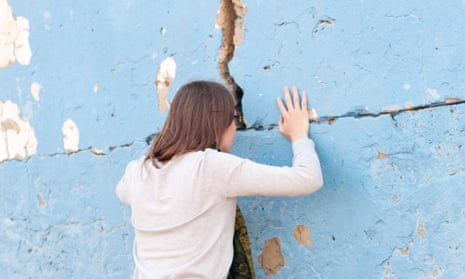Are NGOs too corporate and present a negative view of Africa? A report on media criticism of the development sector said as much. But is this a fair or vastly outdated view of NGO comms?
In response NGOs say that journalists are frustratingly unresponsive to major crises, such as the Ebola epidemic and present an over-simplified view of long-running conflicts, or ignore them completely.
But mainstream media is still the major route for NGOs to raise awareness of their causes. How can press officers and journalists work better together so they have a mutually beneficial, symbiotic relationship rather than an antagonistic one?
Do NGOs need to stop focusing on their professional reputation and instead let the work they do speak for itself? Do journalists need to be more willing to delve deeper into stories to give their readers more context and understanding of the world’s problems?
Join a panel of communications specialists and journalists to answer these questions and more on Thursday 26 February, 1-3pm.
The live chat is not video or audio-enabled but will take place in the comments section (below). Get in touch via globaldevpros@theguardian.com or @GuardianGDP on Twitter to recommend someone for our expert panel. Follow the discussion using the hashtag #globaldevlive
The panel
Tobias Denskus, senior lecturer communication for development, Malmö University, Malmö, Sweden, @aidnography
Tobias has an academic background in peacebuilding. He is interested in digital development communications.
Adisa Amanor-Wilks, media relations professional, London UK, @abjel
Adisa has over 14 years’ experience in media and public relations. She has worked for the BBC, Radio Netherlands Worldwide and Plan International in Ghana.
Andy Shipley, news editor, Plan UK, London, UK, @andyshipley
Formerly a reporter at the Sunday Mirror, Daily Mirror, Daily Mail and The Sun, Andy has managed the Plan UK media team for the past three years.
Tom Murphy, reporter, Humanosphere, Portland, Maine, @viewfromthecave
Tom is a development reporter and blogger. His work has appeared in Foreign Policy, the Huffington Post, the Guardian, GlobalPost and Christian Science Monitor.
Carolynne Wheeler, news manager (acting), WaterAid, London, UK, @carwheeler
A former journalist, Carolynne supports WaterAid’s policy and campaigns team on media work and advocacy around access to water, sanitation and hygiene.
Ben Parker, chief executive, Irin, London, UK, @benparker140
Ben co-founded the independent humanitarian news service, Irin.
Kate Wright, senior lecturer, University of Roehampton, London, UK, @newsprof1
After working in broadcast journalism for the BBC, Kate did a PhD on how journalists use NGO-provided multimedia in news about Africa.
Zubair Sayed, head of communication, Civicus, Johannesburg, South Africa, @zubairsay
Zubair has 15 years’ experience working in communication and campaigns across a range of organisations, from grassroots NGOs to WWF.
Montse Santolino, content coordinator, DevReporter Network, Organisations for Global Justice of Catalonia (Lafede), Barcelona, Spain, @montsanto
Montse is a journalist who has worked in communication for development for 15 years.

Comments (…)
Sign in or create your Guardian account to join the discussion